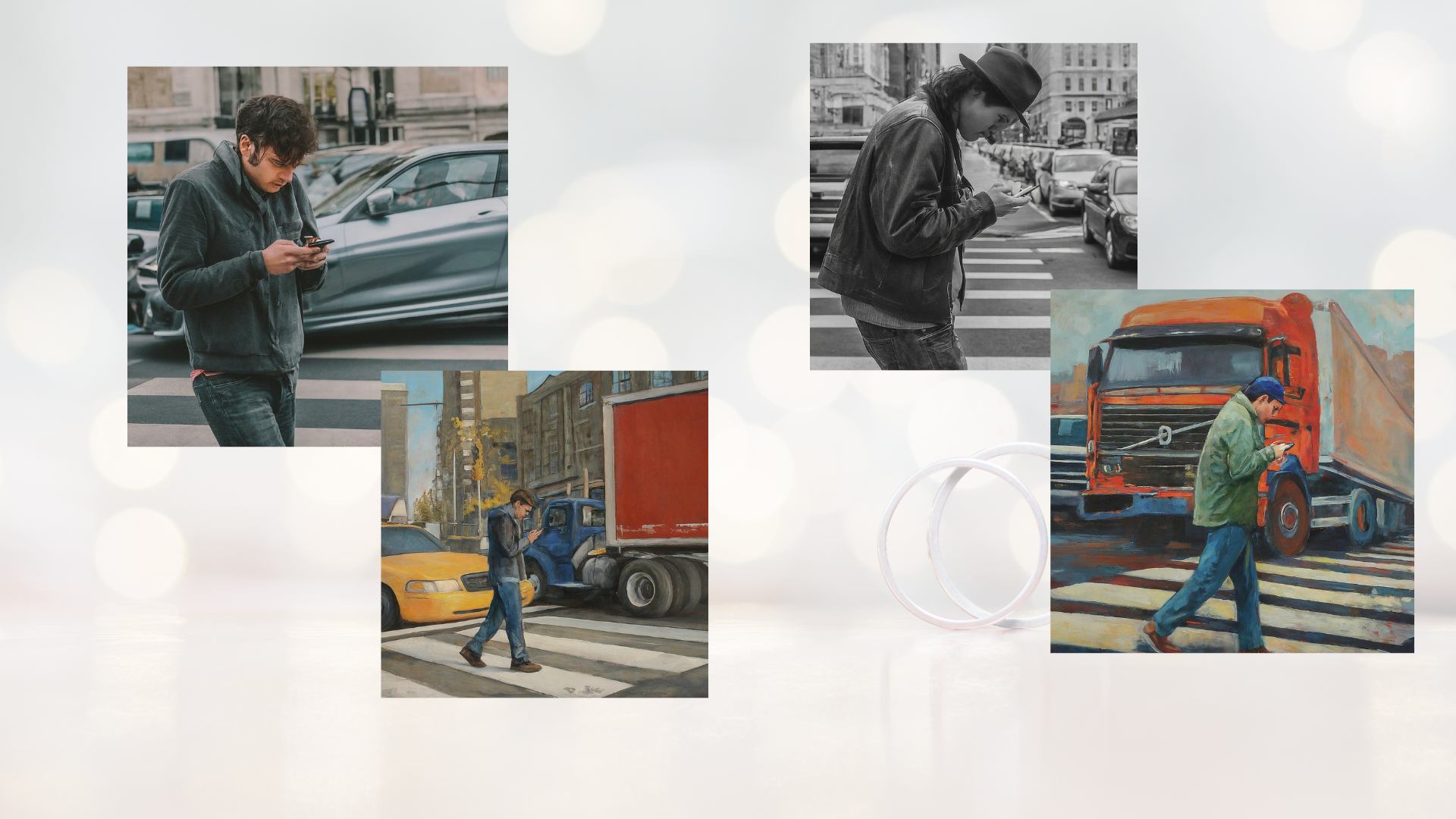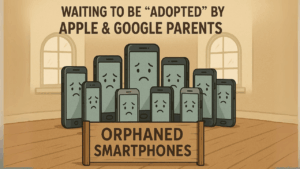Pedestrian Deaths Hit a 40 year high. Impossible?
So you think laws protect you? You believe drivers will always yield? You think walking into traffic while watching TikTok is your “right”?
Guess what: the morgue is full of people who had the right of way.
Look at the data:
From 1975 to the early 2000s, pedestrian deaths steadily declined. But in the 1990s, the trend began reversing. By 2022, deaths hit 7,522—a level not seen since the early 1980s.
While smartphone use undeniably intensified the crisis after 2010, the reversal in pedestrian death trends began well before that—suggesting a broader erosion of caution, accountability, and basic situational awareness.
Now we’re at a 40-year high.
You can scream about laws all you want. If you think Mike Tyson could hurt you and he is only 220 lbs. What do you think a car weighing 4,000 pounds would do. If the driver is distracted—or just human—you lose.
Right but Dead?
Most states in the U.S. have pedestrian right-of-way laws. On paper, they make sense: protect the most vulnerable on the road. But over time, a cultural shift has turned a sensible precaution into a dangerous assumption. Pedestrians have increasingly come to feel absolved of any responsibility—as if their role in traffic safety ends the moment they step off the curb. The mindset has become, “Why should I pay attention when it’s the driver’s job to stop?” But that interpretation goes far beyond what the law intended.
Yes, drivers are supposed to yield. But here’s what else the law says:
- California §21950(b): Pedestrians must not suddenly leave the curb.
- New York §1151(b): Don’t walk into the path of a vehicle too close to stop.
- Florida §316.130(8): Same idea.
So no, the law doesn’t give you permission to be oblivious. It expects you to use your brain.
Here are the numbers
And the math backs it up:
- If a driver fails to yield 2% of the time…
- And you’re not paying attention (100%)…
- You’ve got a 2% chance of being hit.
But if you wait until the driver slows or stops—you’re also at 2%. Multiply that out:
0.02 × 0.02 = 0.0004 or 0.04%
That’s a 98% reduction in risk—just for staying alert.
Do you have bad days? So can the driver.
When you step out into the road without caution, you are assuming that the driver is
A) Sober and alert while he could be whomped up on drugs or zoned out on weed. With the proliferation of weed shops, is this hard to believe?
B) Suppose he is sober, maybe he is texting, watching Netflix.
C) Maybe the driver had a bad day at work, had a fight with his girlfriend.
D) Perhaps the driver even paying attention does not have the best skill.
E) Maybe the driver neglected maintenance on his vehicle and it simply won’t stop properly when asked to.
There could be a multitude of things that raise the odds of hitting you.
You have the power.
You cannot control any of those things, but you can control your own actions.
If you’re a pedestrian, the single most powerful safety tool you have is your awareness.
Don’t step into the road until you’ve verified the driver sees you and is slowing down or has come to a stop.
Want to Be Right or Want to Be Alive?
This isn’t about blame. It’s about not dying unnecessarily.
Perhaps, even worse, would be surviving the collision—only to become terminally crippled, trapped in a cycle of lifelong chronic pain and reduced independence, with every step a reminder that one glance could have changed everything.
And if the idea of protecting yourself doesn’t motivate you, then think about the people who count on you to come home. Do you really want your last decision to be the one that wrecks their world?
If you’re crossing the street like a zombie with a screen in your face, you’re betting your life that a stranger you’ve never met is more alert than you.
That’s stupid.
We’re not trying to insult you—we’re trying to keep you alive.
Wake up.
1Gaea exists to ask better questions and challenge destructive assumptions. Whether you like tough truths or gentle nudges, we’re here to say what others won’t.
Share this with someone who still believes laws replace common sense.




